
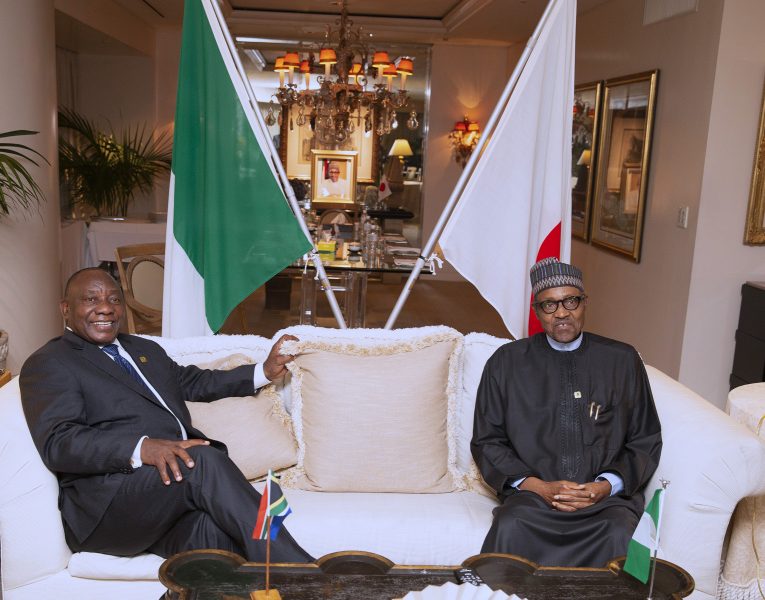
Ramaphosa meets Buhari, condemns killings of Nigerians in South Africa

Related Articles
ACF lauds Tinubu for NWDC, says it will usher in era of development
The Arewa Consultative Forum (ACF), a socio-cultural organization representing the 19 northern...
Just in: Obama endorses Kamala Harris
Former US President Barack Obama threw his support behind Vice President Kamala...
Shelve August 1’hunger’ protest, Afenifere urges organizers
A leading pan-Yoruba socio-cultural and political organisation, Afenifere, has urged Nigerians to...
Know athletes representing Nigeria at Paris 2024 Olympic Games
A team of 84 Nigerian athletes are to represent the nation in...
Southern governors forum Chair, Gov. Abiodun, mourns Ohaneze Ndigbo President General, Iwuanyanwu
Chairman of the Southern Governors’ Forum (SGF) and Ogun Gov. Dapo Abiodun,...
Masterminds of Aug. 1 protest uncovered, says DSS
The Department of State Services (DSS) says it has uncovered the masterminds...
Protest: Pres. Tinubu holds emergency meeting with traditional rulers
A closed-door meeting is underway between President Bola Tinubu and traditional rulers...
Ohanaeze President-General, 81-year-old Emmanuel Iwuanyanwu, exits
The President General of Ohanaeze Ndigbo, Chief Emmanuel Iwuanyanwu, is dead. Aged...
DHQ warns against violent protests nationwide
The Defence Headquarters (DHQ) said on Thursday that it has uncovered plots...
Dev. Commission will help tackle Southeast region’s marginalization, heal civil war wounds – Kalu, Uzodimma, Ohanaeze
The signing of the South-East Development Commission (SEDC) Bill into law yesterday...
LG autonomy, minimum wage, others: Nigerian governors in closed-door meeting in Abuja
The 36 state governors under the auspices of the Nigeria Governors’ Forum...
Tinubu officially welcomes ex-Senate President Anyim to APC in Aso Rock
President Bola Tinubu has formally welcomed former Senate President Anyim Pius Anyim...
Abacha’s family appeals court’s judgment over revoked Abuja property
The Abacha family, represented by Dr. Maryam Abacha and her son, Mr....
Pres. Tinubu’s commitment to tackling oil theft, pipeline vandalism unwavering – Lokpobiri
The Minister of State Petroleum Resources (Oil), Mr. Heineken Lokpobiri, has restated...
Protest: Reps advocate peaceful resolution, want FG to dialogue with would-be protesters
In a bid to stave off the planned nationwide protests scheduled for...
Nationwide protest: IPCR urges restraint
The Institute for Peace and Conflict Resolution (ICPR) has urged Nigerians to...
At last, NDLEA nabs long-sought Lagos drug cartel leader
The National Drug Law Enforcement Agency (NDLEA) said on Wednesday that its...
Netflix raises subscription fees in Nigeria, the second in three months
by Ramlat Ibrahim Netflix has again announced another tariff hike for its...
Mass trial of terrorism suspects resumes – FG
The National Counter-Terrorism Centre, Office of the National Security Adviser, has said...
Exciting prizes up for grabs with FirstBank Visa Gold and Visa Infinite Cards in 2024 summer campaign
First Bank, the West African premier financial institution and financial inclusion services...











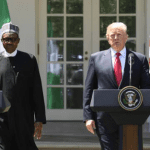






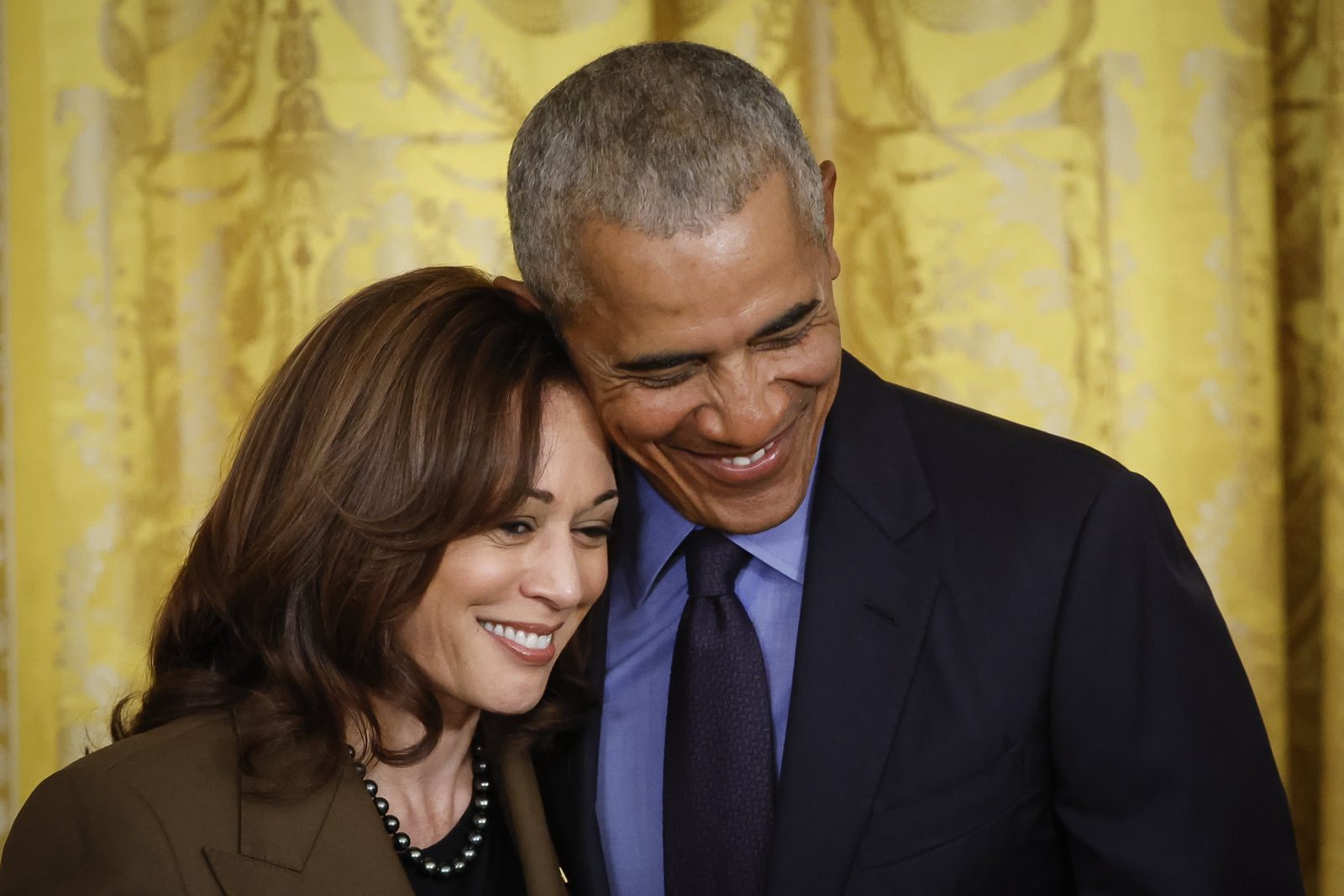


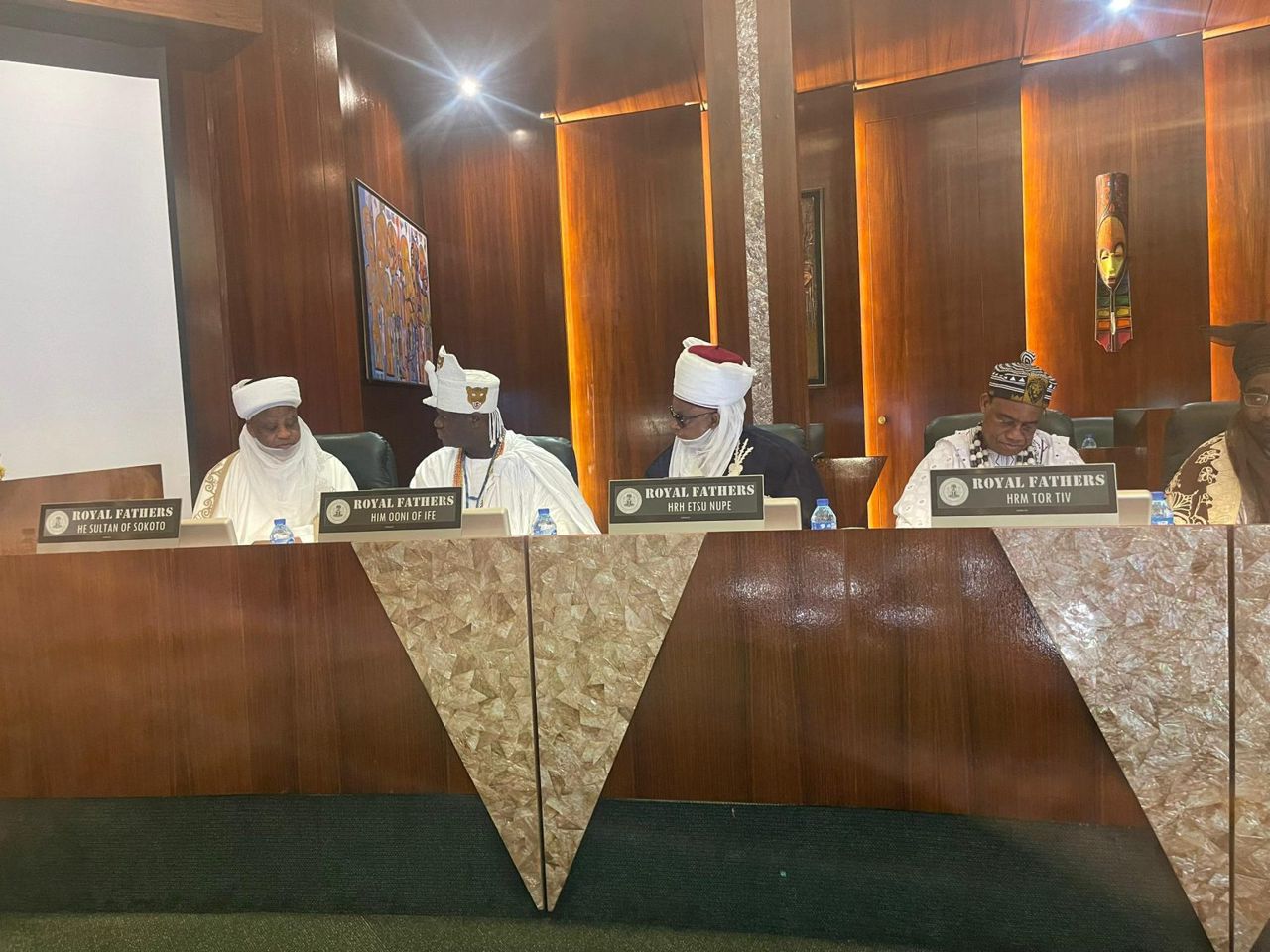



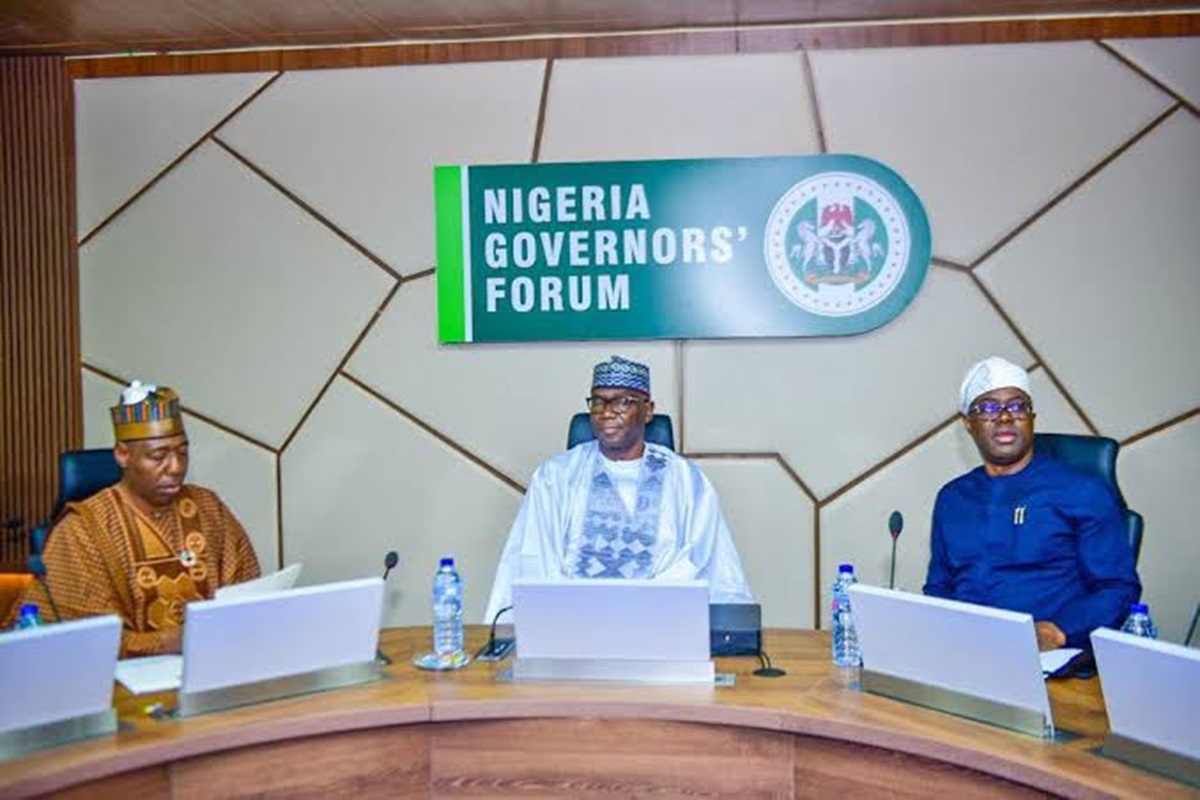
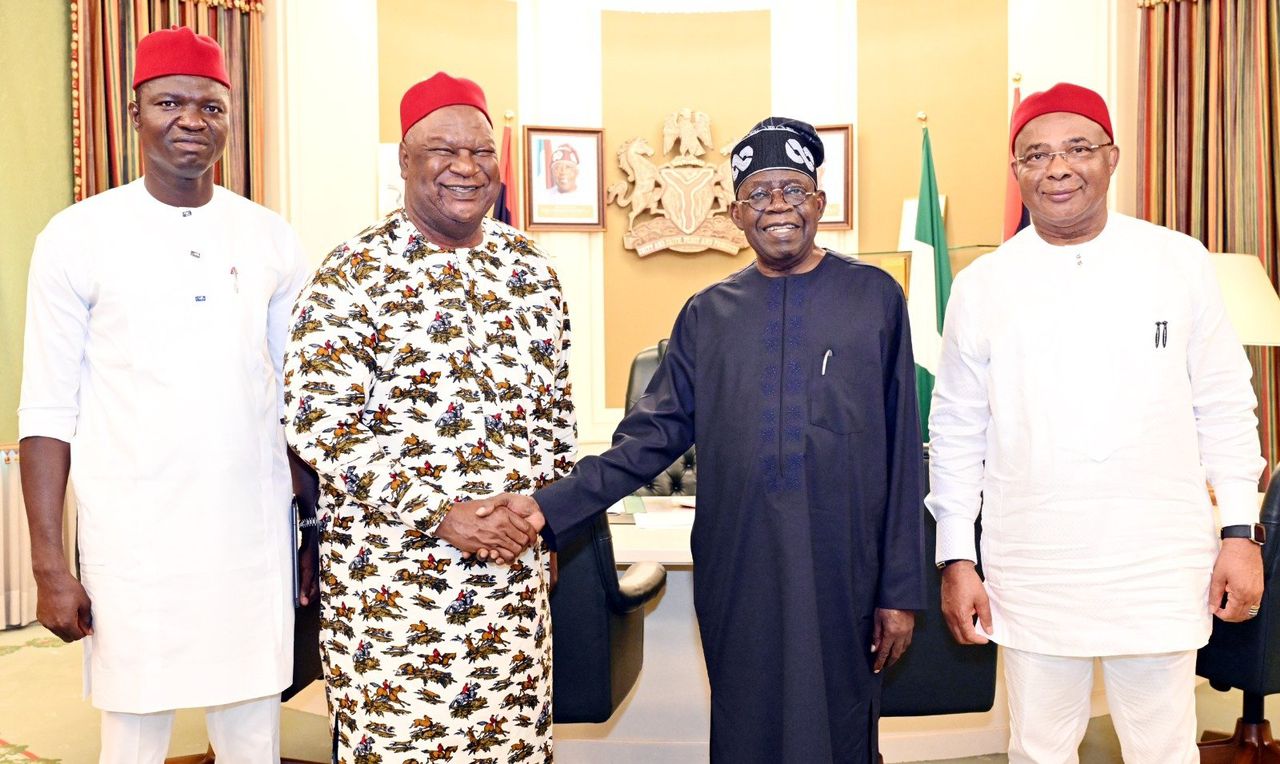

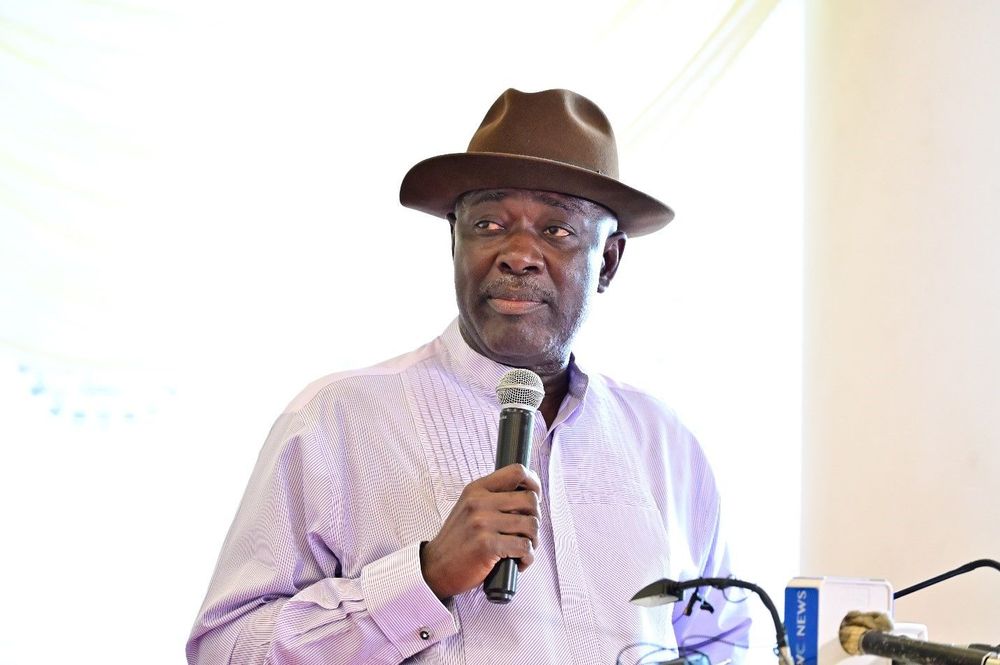


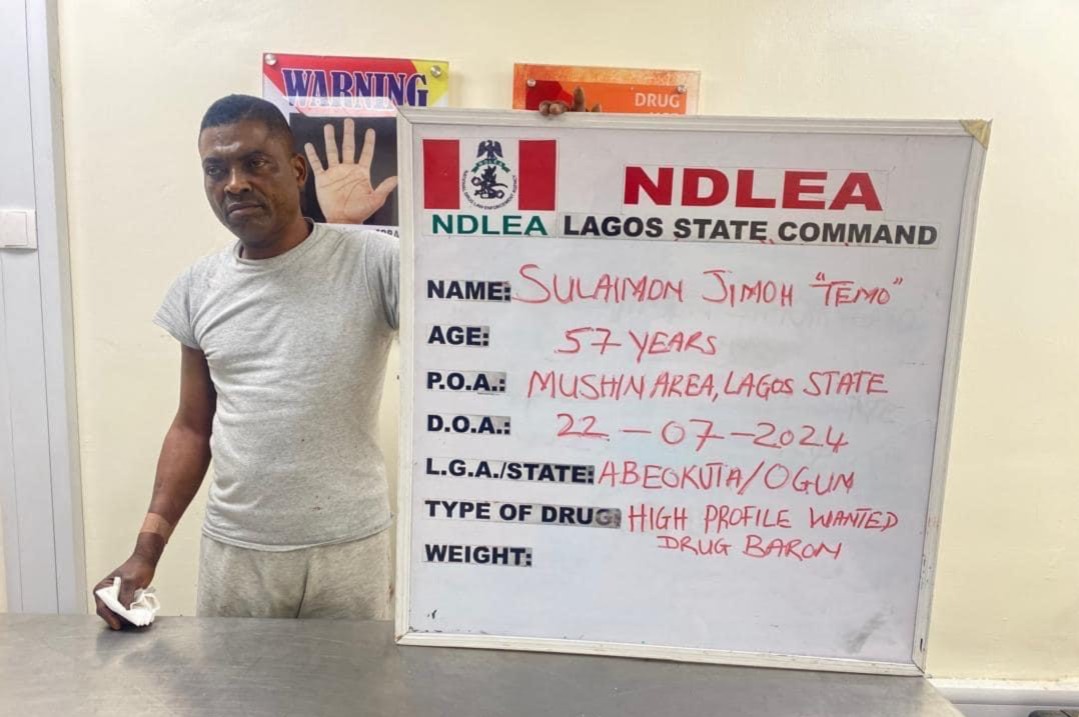

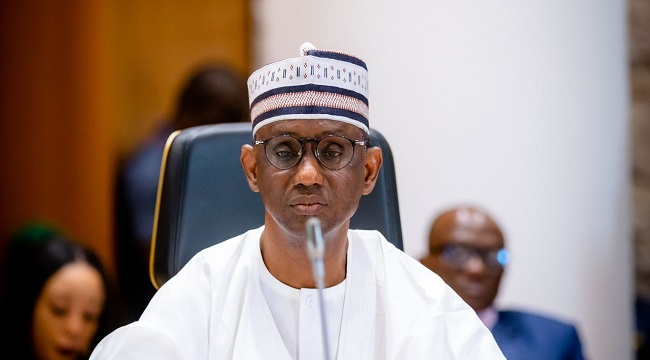

Leave a comment